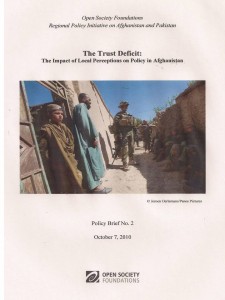Information Overload – Too Much Of A Good Thing?
October 11, 2010 – Everyone has seen the commercial on television. Someone asks a simple question, and then everyone in the crowd starts spewing forth all these facts that have been found via the Internet. This makes for some very clever and funny advertising, but let’s face it. Information overload is a real problem. The magic formula is to deliver the right information to the right people who are searching, at the right time. Sound simple enough, but how many avenues have you been down yourself just because you are looking for a certain recipe for brownies? In a closer look found here, some of the problems that contribute to information overload are discussed.
These include defining findability, an object-centric perspective, an actor-centric perspective, and filters that promote findability. Interesting read.
From the source:
The question is however, is it the abundance of the information that is the problem, or a general lack of maturity in approaches to designing effective organization and access mechanisms? In his presentation at the Web 2.0 Expo in New York City, Clay Shirky referred to this idea as “Filter Failure”. He describes information overload as the normal case and that it’s not necessarily the quantity of information that’s the problem, it’s our ability to filter through what’s there that’s the real issue.
Tip of the Hat to Marjorie M K Hlava at LinkedIn.
Phi Beta Iota: It is not a filter failure. It is a leadership failure…leadership lacking integrity in the holistic sense of the word, too eager to rush to pay for technical collection solutions that increase the size of their firehose but ignore both the fact that the fires we need to put out are small scattered ones, and the people we need to support require both back office and desktop tools. All this was well known in 1985 and the solutions fully articulated by 1989.
Worth a Look: 1989 All-Source Fusion Analytic Workstation–The Four Requirements Documents












